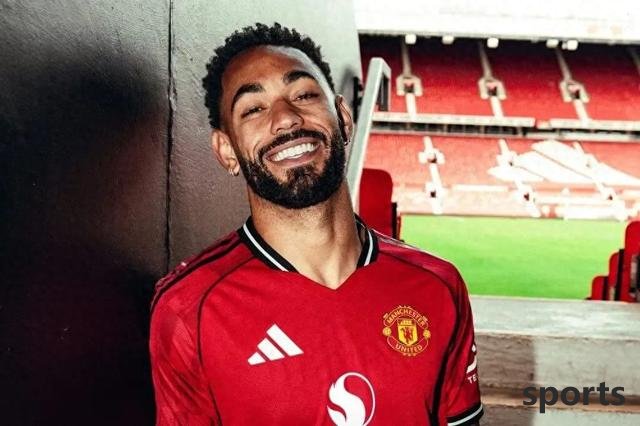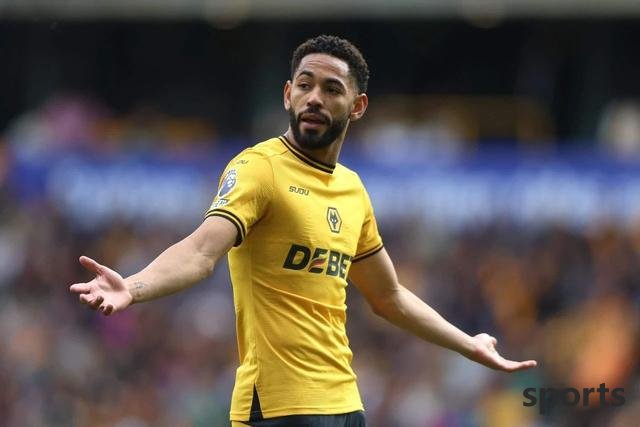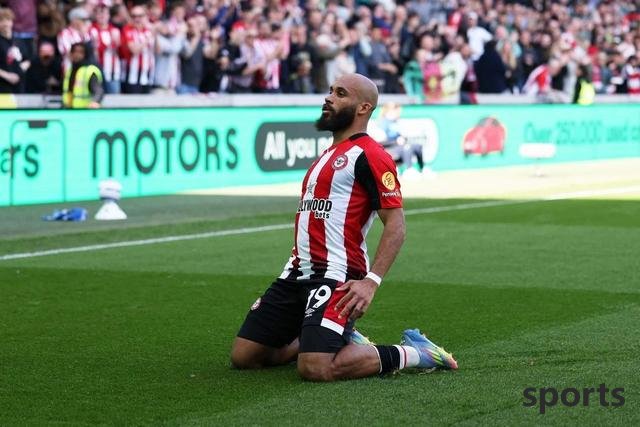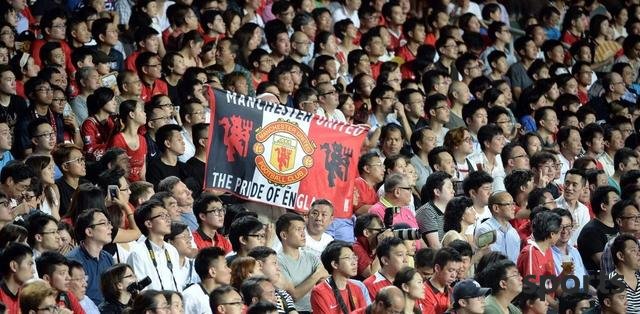Crazy without the Champions League: Why does Manchester United never lack football beloved
7:59pm, 19 June 2025Football

Why can Manchester United always bring popular players in football? The answer is hidden in the club's huge size - this "size" is not only the stadium capacity and revenue figure, but also the accumulation of football culture that spans half a century. Even after experiencing a dark moment of relegation in the 1973-74 season, Manchester United still ranks among the three giants in the world football world, sharing the altar with Barcelona and Real Madrid. In 1949, when Manchester City borrowed home court due to bomb damage to Old Trafford Stadium, a FA Cup match against non-league team Yoville Town poured into 81,565 spectators. This magic of "away and home court" is unique in the football world.
The dismal record of ranking 15th in the Premier League last season did not weaken the attractiveness of Manchester United's DNA: the tradition of offensive football, the concept of youth training and the spirit of never giving up constitute the soul of the club. CEO Omar Berrada admitted at Old Trafford that attracting new players never depends on Champions League qualification - those players who are deterred because Manchester United temporarily missed the top game are not on the team's signing list. The romanticism of playing for Manchester United and the historical opportunity to help the club return to its peak are naturally attractive to the players' desire for self-realization. Just as new player Matthews Cunnia said when she debuted: "Since watching the Premier League TV broadcast from Brazil's grandma's house, Manchester United has been my dream red jersey."

Money is certainly one of the factors, but the special thing about Manchester United is that it sublimates the professional stage into a springboard for global exposure. Brentford and Bournemouth may be able to beat Manchester United on the court, but they cannot provide Old Trafford's home atmosphere with 73,000 spectators a week and the international influence brought by the largest stage in the Premier League. Even if you appear for Manchester United a few times, the players' global popularity will increase exponentially - this "Manchester United effect" cannot be replicated by small and medium-sized clubs. As Kevin Keegan said in 1996 when he commented on Manchester United, "Newcastle United is a great club, but Manchester United is an institution." The historical depth of the club forms a unique emotional bond. From legends such as Dennis Elvin (Oldham), Peter Schmeichel (Bronderby) in the late 1980s who joined the club, to the arrival of Rasmus Hoylen, Manchester United can always attract talents during the championship drought. Bobby Charlton gave up the invitation from 18 teams and Duncan Edwards refused to regard himself as the "world's number one" Wolves, all because of the legendary magnetic field of Old Trafford. This tradition continues to this day: in 2019, Manchester United and Inter Milan had a friendly match in Singapore, with only 5,000 of the 58,000 viewers supporting Inter Milan, which shows its brand appeal.

Manchester United's "size" is more reflected in the horrific stability of the fan base. The average of 13,000 away tickets per week is applied for. Local young Manchester fans are desperate to ask for season tickets but cannot get one, but countless people are still willing to give their all to follow the team. On the streets of Islamabad, Pakistani fans will fall in love with Manchester United because of David Beckham; at Indian airports, thousands of people surrounded Solskjaer. When Manchester United planes were refueling in Senegal in 2000, airport staff were able to accurately call out the names of Dwight York and Roy Keane - this recognition that spans regional and cultural has made Manchester United the "common language" of the football world.
Of course, the huge size is also accompanied by troubles: the contradiction between season ticket holders and young fans, the imbalance in business operations and competitive performance, but these cannot shake Manchester United's attractive foundation. As legendary player Gordon McQueen said, after leaving Old Trafford, his football career often only goes downhill - this is not an exaggeration, but a truth verified by countless players with their careers. While other clubs are still struggling to sign, Manchester United has long transformed its brand influence into a signing advantage. This advantage comes not only from the trophy showroom, but also from the red faith woven by three generations of fans.

Related Posts
- Darren Bent thinks Amorin is a little hesitant, Risalisson should pay attention to transmission and cooperation
- Manchester United s 85 million signing of Sheshko, plans to debut in Manchester City have been revealed! Amorin s next step to strengthen the midfield
- DeepSeek rated the top ten stars in the men s football world cup history: Ronaldo is third, Messi is eighth
- Amorin told Garnacho clearly: It is best to pray that a team will sign you
- July 1 (3 games) event views (direction, pattern) results preview
- Six days after signing, Joao Pedro scored twice to help Chelsea advance to the Club World Cup final
- Sane? Bayern Sane? Airborne, Arsenal s operation is like a mystery
- Fruminense coach talks about Inter Milan: The opponent is worth 500 million euros, but the game will be decided on the court
- Xiao Hei shed tears! Schroeder admitted that he was helpless: because his skin color could not be respected like Nowitzki!
